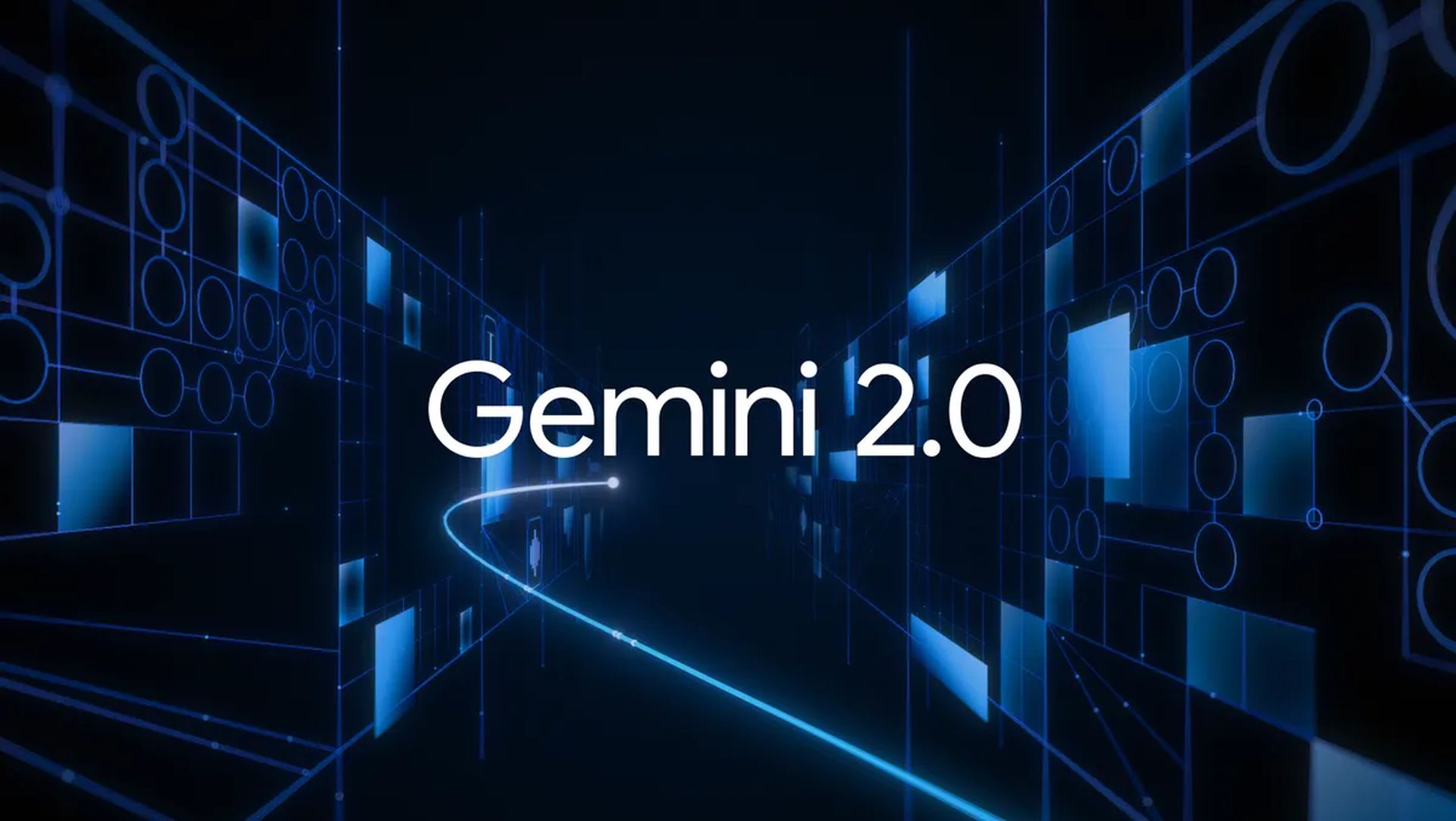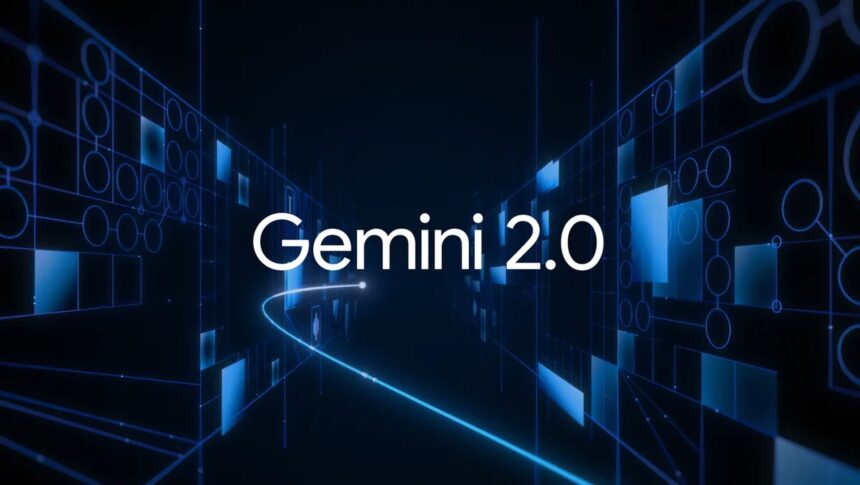
Google has opened its latest AI model suite, Gemini 2.0, to the public, marking a significant step in its push toward advanced AI agents. The suite includes Gemini 2.0 Pro Experimental, designed for coding and complex tasks, and Gemini 2.0 Flash Thinking, now available in the Gemini app.
Gemini 2.0 family is now open to all
Gemini 2.0 Pro Experimental is described as Google’s most capable model yet, excelling in coding and handling intricate prompts. It boasts a context window of 2 million tokens, enabling it to process approximately 1.5 million words at once. The model can call tools like Google Search and execute code on behalf of users. Initially teased in the Gemini app’s changelog last week, it is now accessible via Google’s AI development platforms, Vertex AI and Google AI Studio, as well as to Gemini Advanced subscribers in the Gemini app.
Gemini 2.0 Flash, introduced in December, is now generally available. Billed as a “workhorse model,” it is optimized for high-volume, high-frequency tasks and costs developers 10 cents per million tokens for text, image, and video inputs. Additionally, Google unveiled Gemini 2.0 Flash-Lite, its most cost-efficient model, which matches the performance of its predecessor, Gemini 1.5 Flash, at the same price and speed. Flash-Lite costs 0.75 cents per million tokens.
Focus on AI agents
The release aligns with Google’s broader strategy of advancing agentic AI—models capable of performing complex, multistep tasks autonomously. In a December blog post, Google emphasized its focus on developing models that “understand more about the world around you, think multiple steps ahead, and take action on your behalf.” Gemini 2.0 introduces new multimodal capabilities, including native image and audio output, as well as tool use, bringing Google closer to its vision of a universal assistant.
This push places Google in direct competition with other tech giants and startups like Meta, Amazon, Microsoft, OpenAI, and Anthropic, all of which are investing heavily in agentic AI. Anthropic’s AI agents, for instance, can navigate computers similarly to humans, completing tasks with tens or hundreds of steps. OpenAI recently released Operator, an agent capable of automating tasks such as vacation planning and grocery ordering, while Deep Research compiles complex reports for users.
Google also launched its own Deep Research tool in December, which functions as a research assistant exploring topics and compiling detailed reports. CEO Sundar Pichai emphasized the importance of execution over being first, stating in a December strategy meeting, “I think that’s what 2025 is all about.”
Competition with DeepSeek
Google’s releases come amid growing attention to DeepSeek, the Chinese AI startup whose models rival or surpass those of leading American companies. DeepSeek’s R1 model gained significant traction due to its affordability and performance. To counter this, Google is making its Gemini 2.0 Flash Thinking model more accessible through the Gemini app, potentially aiming to draw greater attention to its offerings.






